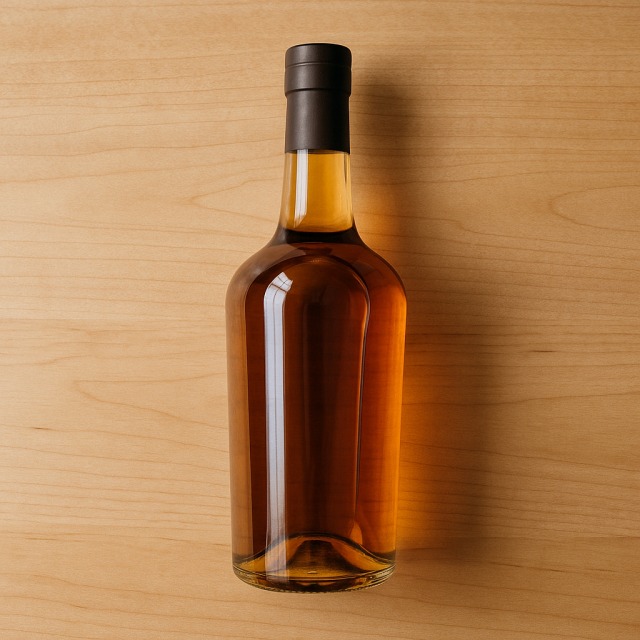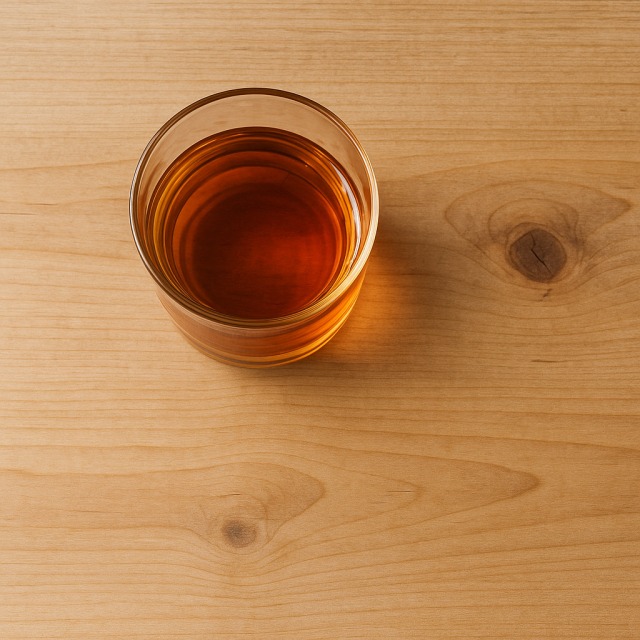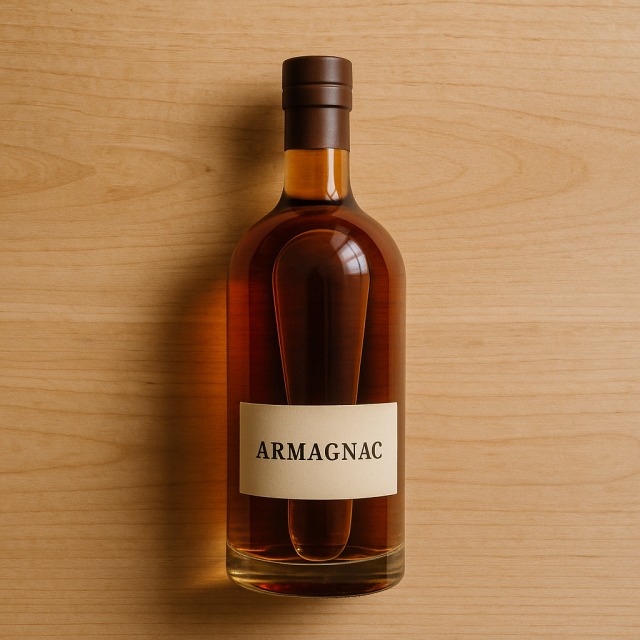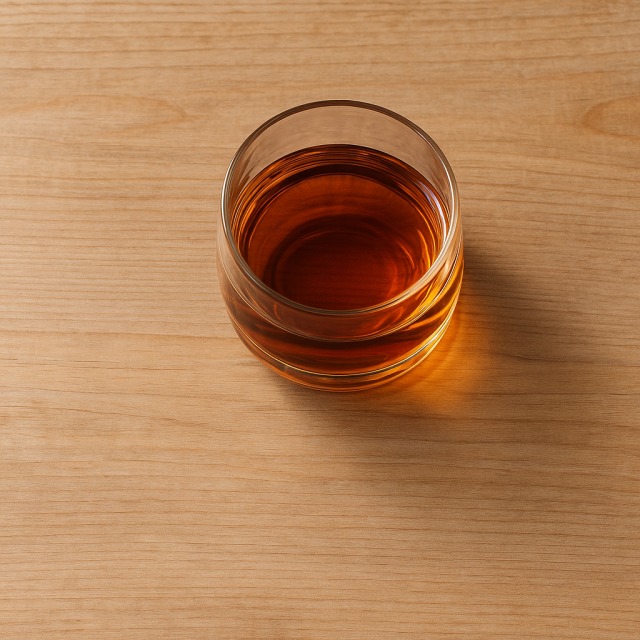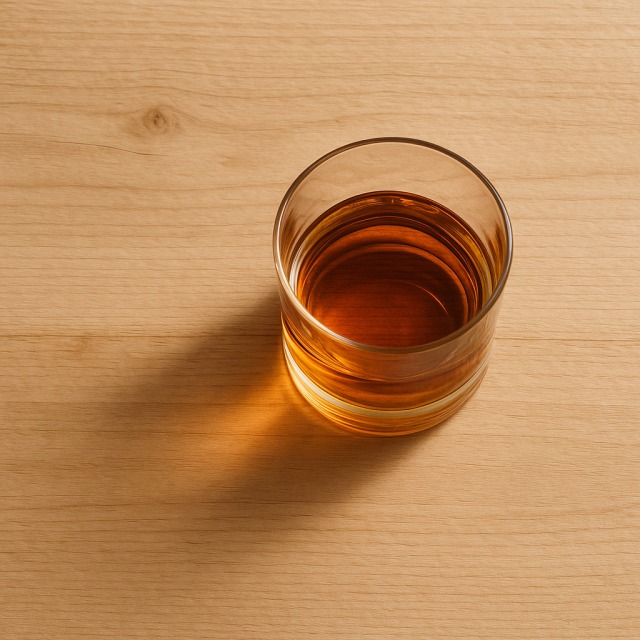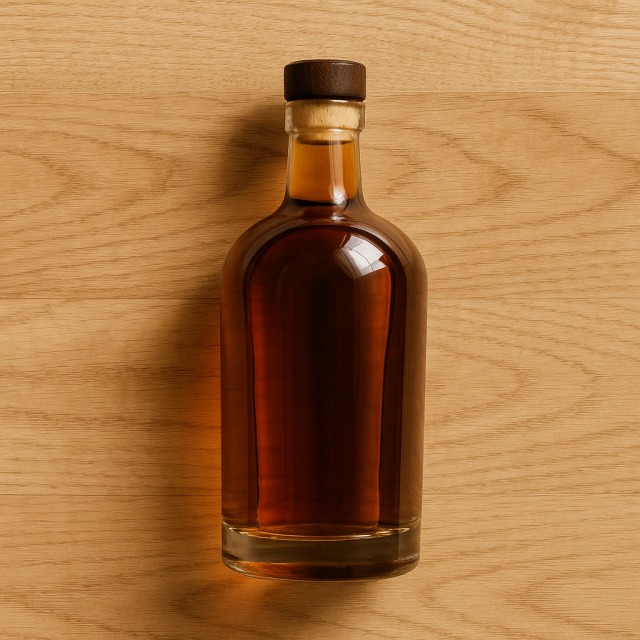Calorie Chart / Beverages / Pastis
How Many Calories Are in Pastis?
Calculation of the nutritional value & Recommended Dietary Intake of pastis
For ml and a calorie requirement of kcal
| Calories 108 kcal | Proteins 0 g | Lipids 0 g | Carbohydrates 0.8 g |
| 5% | 0% | 0% | 0% |
Health benefits of pastis
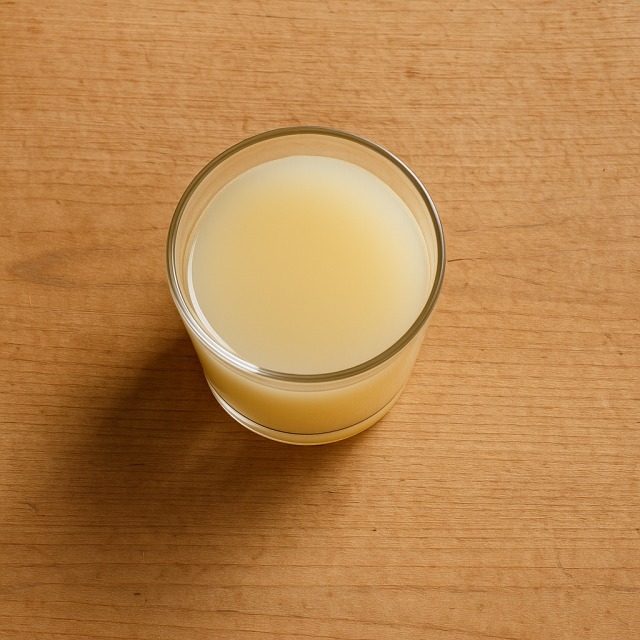
Pastis - 100ml
Calories 270 kcal
Proteins 0 g
Lipids 0 g
Carbohydrates 2 g
Pastis is an anise-flavoured spirit originating from Provence. At 270 kcal per 100 g, it is considered a high-calorie beverage; those calories come almost exclusively from alcohol, not from proteins or fats. Despite its calories, pastis contains aromatic compounds such as anethole (from star anise and fennel) that are supposed to stimulate digestion after a meal. These same essential oils give it a distinctive flavour profile that has been part of Mediterranean culture since the 1930s, when it replaced absinthe. Because alcohol delivers 7 kcal per gram, even a small glass quickly adds calories, so mindful portioning is advisable for anyone monitoring daily calories.
Nutrient-wise, pastis offers negligible vitamins and minerals, yet its strong flavour can encourage slower sipping, which may help limit total calories consumed compared with sweeter mixed drinks. Finally, the ritual of diluting pastis with chilled water clouds the drink (the "louche" effect) and reduces the calories per serving, a useful detail for people balancing pleasure and calories.
Tips for incorporating pastis into a balanced diet
To enjoy pastis without overshooting your calorie target, dilute one part spirit with at least five parts water; you keep the flavour while cutting calories per glass. Serve it as an aperitif alongside a small handful of almonds or a spoon of tapenade on whole-grain toast instead of calorie-dense chips. Counting calories before dinner helps prevent over-snacking.
In cooking, a splash of pastis adds a refined anise note while the alcohol evaporates, leaving fewer calories in the finished dish. Try deglazing sautéed squid, flavouring a sauce for mussels marinière, or flambéing shrimp and prawns for a Provençal twist. These preparations keep overall calories moderate because only a small measure of pastis is required.
If you track calories strictly, pair a pastis aperitif with a main course rich in proteins and fibre—grilled chicken breast with zucchini ribbons, for instance—rather than high-fat sides. Remember to record the hidden calories from pastis in your daily log so they do not undermine an otherwise balanced menu. Four or five mindful sips can fit comfortably into a calorie-controlled plan.
Frequently Asked Questions
- How many calories are in pastis?
- Pastis contains 270 kcal per 100 g.
- Does adding water to pastis change its calories?
- Dilution spreads the same amount of pastis—and therefore the same calories—over a larger volume. A traditional 20 ml pour provides roughly 54 kcal; topping it up with 100 ml of water does not add calories.
- Is pastis lower in calories than sweet cocktails?
- Yes. Pure pastis has fewer calories than many sugary cocktails because it contains no added sugar; however, its calories are concentrated, so portion control is crucial.
- Can I include pastis in a weight-loss diet?
- Occasional, measured consumption (e.g., one 20 ml serving) can fit within a calorie deficit, provided you log those calories and adjust food intake accordingly.
- Does cooking with pastis leave calories from alcohol?
- Flambéing or simmering reduces alcohol content, thereby lowering final calories slightly, but some alcohol—and calories—can remain. Use small amounts to limit added calories.
- Is pastis gluten-free?
- Most brands are distilled from neutral alcohol and natural flavourings, making them gluten-free; always verify if you are highly sensitive.
Similar foods
Alcohol consumption may be harmful to your health. Please drink responsibly. Do not drink and drive. Not recommended during pregnancy. Must be of legal drinking age.
Information provided by Calorie Menu may contain inaccuracies or errors. It cannot, under any circumstances, substitute medical advice or medication.
